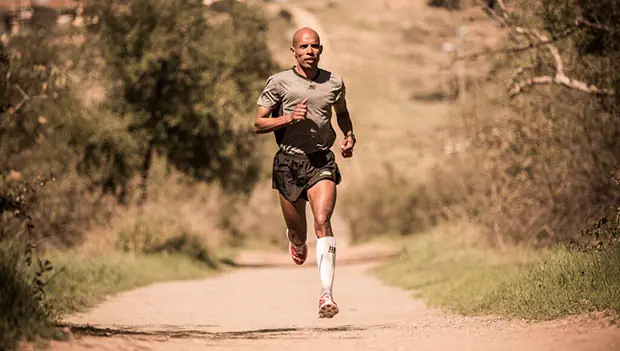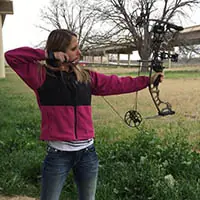
In 2014, Meb Keflezighi was the first American to win the Boston Marathon in 31 years. But when his family immigrated to the United States from Eritrea in 1987, running was far from the Olympian's mind. He now has numerous marathon wins, medals and sponsors, including a brand new partnership with EPSON. We sat down with the 40-year-old, now living in San Diego, to find out how he has risen to such a high level of running, what makes him tick and what he likes to do when he's not running.
Running Events Near You
ACTIVE: Tell me about the EPSON Watch; how do you use it during your training?
Meb: Obviously, I love this watch—it's so lightweight. In the past, when I was racing, I used to repeatedly change watches just because they were too heavy. I love the simplicity of the watch, which includes your heart rate. I love that you don't have to wear a (heart rate monitor) strap around your chest.
I don't have to worry about carrying another item whenever I am traveling, and I don't have to worry about forgetting it at home or at the hotel on race day. For me that was one of the main attractions—the simplicity and having your heart rate on your wrist. Two months or so before I connected with EPSON, I was thinking, "How come somebody has not done (technology) where you take the pulse from your wrist?" Then I got connected with EPSON and thought, "This is meant to be!"
I also like the fact that I could be wearing a suit, I could be wearing anything and I could always wear the watch. If someone asks me, "What's your recovery heart rate?" I could just say, "Oh, let me check."
The watch also gives the GPS signals right away so I know my distance. When I was running at UCLA and long after during my professional years, there was always an estimate on how far I ran. There was a potential that I ran more or less than what I wanted—we were always guessing. The EPSON watch always gives really accurate measurement of my runs and you can download it to your phone, instead of having a training log in a binder. Now, it's either on my computer or my phone.
It's also a good asset when you travel and are in new areas. I travel a lot—instead of playing a guessing game with distance and having to find my way around the area, the watch helps me know where I am.
Everything with this watch is fun and easy to do. People ask me, "What's your heart rate when you're running a race?" I always say, "I don't know. I don't want to wear a (heart rate) strap when I'm racing—I'm focusing on the race." I used to only track my time with my watch. Now I have the heart rate on my wrist and can check whenever I want.



